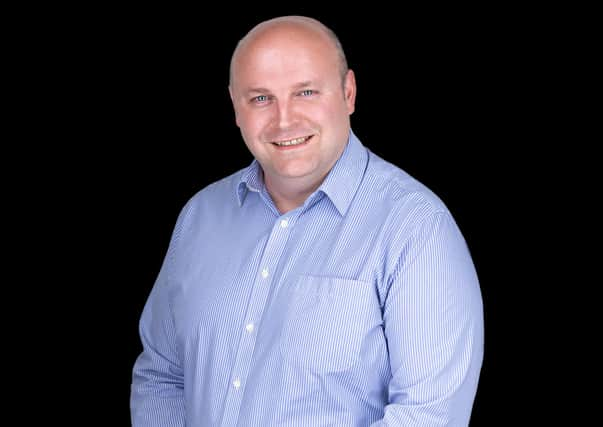Businesses need to realise how important it is to protect innovative ideas - Magnus Johnston


IP rights exist to protect innovation and creativity, but it can add significant value to a business, and the wider economy too. But it can be challenging to understand, particularly with the often-limited resources at the disposal of start-ups – which is exaggerated for academia derived start-ups who must balance their time between developing their research and growing their fledgling business. Another challenge in this sector is the natural desire to share knowledge and publish research , which if uncontrolled could scupper the prospects for IP protection and unfortunately lead to business failure.
IP awareness from the outset is the key to success; an understanding of IP, how it is obtained, what it protects, what it does not protect, and how it adds value should be embedded within a business. That was the key message I delivered at a session with Converge’s 2022 Kickstart Challenge cohort, which our firm supports.
Advertisement
Hide AdAdvertisement
Hide AdMany of this year’s cohort have the potential to create life-changing solutions to everyday problems. For example, we heard from Vertical Forest about how they can transform our cities into metro-jungles utilising living paint and CoBALT and its eco-friendly coating solutions.
During the session, there was positive engagement when it came to IP. But more can be done to enhance their understanding of how IP can help their business to thrive and grow, to safeguard new creations and innovation whilst developing them, or they risk losing control and a very important competitive advantage.
Another theme that emerged with the Kickstart cohort, was the number of projects that utilise technology-based solutions, including artificial intelligence (AI) and machine learning, such as CereSol’s use of AI to reduce energy bills. This is no surprise given the rate of technological advancement, but solutions involving software and AI are often thought of as not patentable or trickier to protect than other types of inventions. This is not the case! The reality is that many of the biggest patent filers in Europe are developing software-based inventions with AI at their core. Of course, like any other invention, a patent office will expect to see credible evidence that an AI solution does what is claimed. For this reason, it is always best to call on the support of qualified professionals, to guide and support.
A final commonly overlooked factor is collaboration with partners to translate an idea into reality. While businesses will naturally check their rear-view mirror for competitors’ IP, it is easier to overlook any IP threat from collaborations. Generally, the first owner of IP is the creator, so if you are collaborating with individuals outside your business or a third-party company, be sure to take control of IP from the outset, including pre-collaboration agreements which protects confidentiality and establishes the ownership of any IP which may arise through the engagement. Having this policy which everyone is aware of, understands and respects can clarify the boundaries of the arrangement, helping to avoid pitfalls in the future.
IP consideration and protection is paramount for any business, perhaps even more so for an early-stage business because IP may be one of their most valuable assets. Founders must make a concerted effort to understand the IP needs of their business and how it can add value.
In short, do not take your creativity and innovation for granted – always strive to be mindful of what you are creating and consider how it, and the IP that can protect it, will benefit the business. Those who do so normally succeed, those who do not probably will not.
Magnus Johnston, Partner, Haseltine Lake Kempner LLP (HLK)
Comments
Want to join the conversation? Please or to comment on this article.